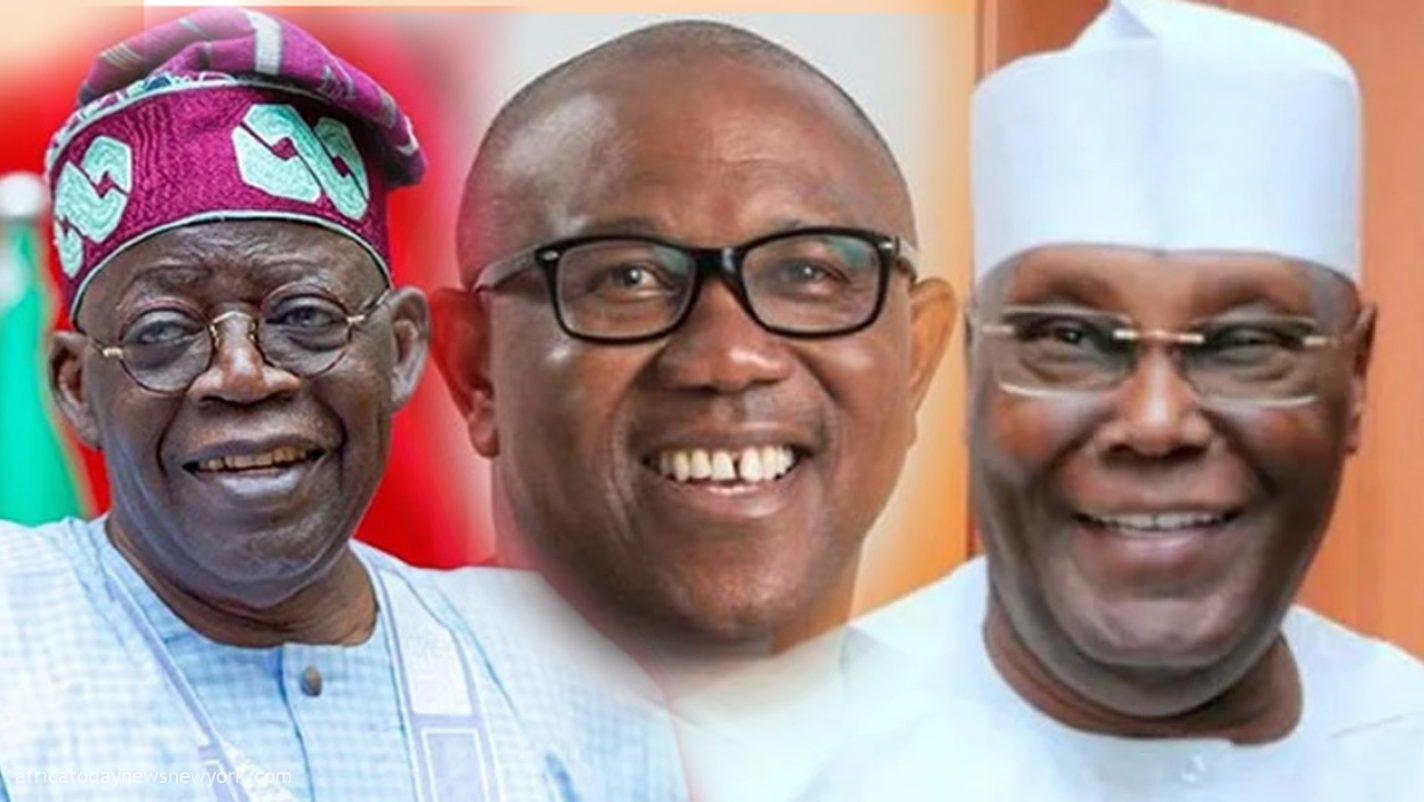The United States Department of State’s Bureau of Democracy, Human Rights, and Labor has declared that the outcome of last year’s general elections reflected the will of Nigerians.
“National elections were widely reported to have reflected the will of voters despite technical and logistical difficulties and some irregularities,” the 2023 Country Reports on Human Rights Practices: Nigeria says.
According to the report which was obtained by Africa Today News, New York, many independent observers assessed the results of the presidential, legislative, and state-level elections during the year and concluded that they reflected the will of voters.
This, it says, is “despite reports of voter suppression and vote buying, campaigning at polling stations, lack of ballot secrecy, violence, and intimidation”.
The report says the Federal Government did not restrict or disrupt access to the internet or censor online content.
On the participation of women and members of marginalised or vulnerable groups, the report notes that the national average of women’s political participation in Nigeria was 6.7 per cent in elected and appointed positions.
Read Also:
It says observers noted that religious, cultural, and economic barriers contributed to fewer leadership opportunities for women in major parties and government.
On voter intimidation, the report says: “During the March 18 state election in Lagos, All Progressives Congress (APC) supporters reportedly intimidated and suppressed voters in Igbo-dominated areas, which Labour Party presidential candidate and ethnically Igbo Peter Obi won in the February 25 national election.
“Viral videos on social media showed APC supporters in Ojo threatening to attack ethnic Igbo voters presumed to be pro-Obi.
“In Eti-Osa, APC supporters also attacked journalists and, in some cases, shut down voting and prevented non-Yoruba voters from accessing polls.
“They similarly destroyed property and physically blocked voters in Amuwo-Odofin.
“According to videos posted on social media, police officers were present but failed to respond to attacks.
“There was no evidence that alleged perpetrators were arrested or prosecuted.”
The report says there were no significant changes in the human rights situation in Nigeria in the past year.
It highlights the problem with the judiciary, saying: “Lengthy pretrial detention was a serious problem.
“Detainees often waited years to gain access to a court, and in many cases, multiple adjournments resulted in years-long delays.
“The shortage of trial judges, trial backlogs, endemic corruption, bureaucratic inertia, and undue political influence seriously hampered the judicial system.
“Some detainees had their cases delayed because the Nigeria Police Force and the Nigerian Correctional Service did not have vehicles to transport them to court.
“Some individuals remained in detention because authorities lost their case files.”
